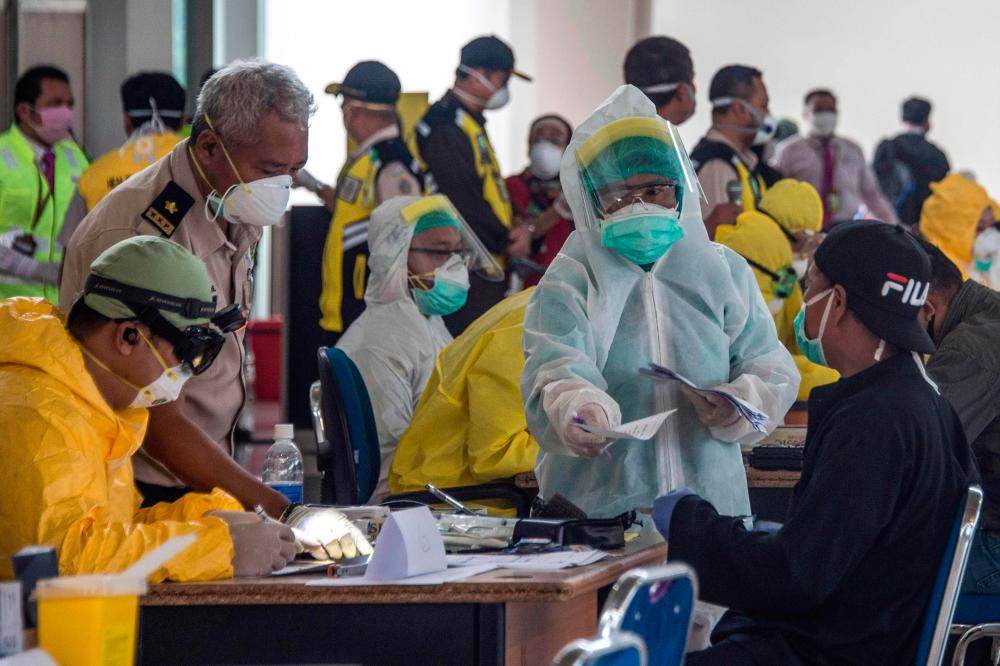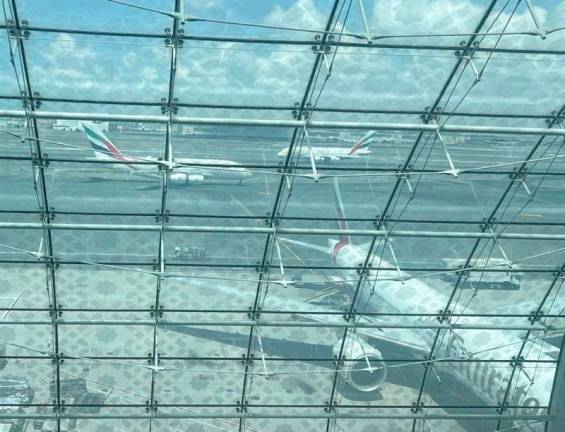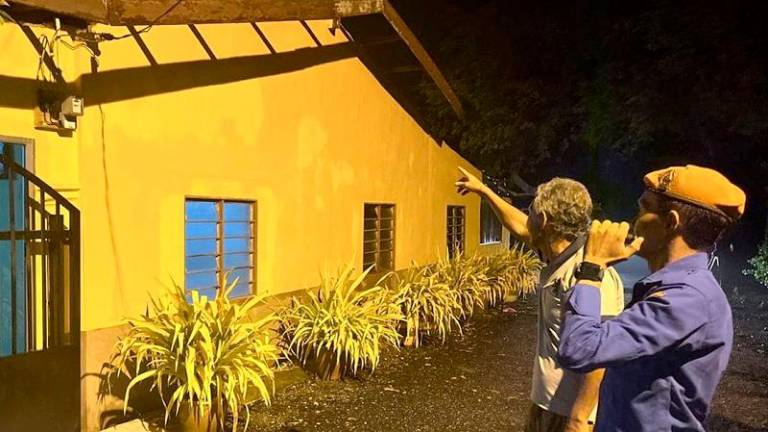HONG KONG: Here are the latest developments in Asia related to the coronavirus pandemic:
China reports no new deaths
China reported no new coronavirus deaths for the first time since it started publishing figures in January, just a day before it will lift curbs on travel out of the contagion’s epicentre city of Wuhan.
Cases on the mainland have been dwindling since March, but the country faces a second wave of infections from overseas.
However, there are suspicions -- denied by China -- that Beijing continues to intentionally under-report the real number of deaths and infections.
China also announced all nationals returning from the US, Italy and Iran will have to provide daily updates on their health to a WeChat app for up to two weeks before their flights or be denied boarding.
- Stranded Afghans storm home -
Afghans stranded in Pakistan by the virus shutdown stormed a border crossing after the lockdown on the border between the two countries was briefly lifted.
Thousands entered Afghanistan without being screened, sparking fears they may introduce more cases of the coronavirus into a war-weary country already overwhelmed by hundreds of thousands of migrants returning from hard-hit Iran.
‘Pandemic bonds’
Indonesia will issue some $27 billion in so-called “Pandemic bonds” to finance efforts to deal with the health crisis and economic impact.
Factory activity in Southeast Asia’s biggest economy hit a record low, with Japanese automakers Suzuki and Honda becoming the latest firms to announce temporary production suspensions at their plants in the archipelago.
The government has slashed annual growth projections and warned the economy could even contract in a worst-case scenario.
It will spend an extra $25 billion to mitigate the economic impact of the virus. Meanwhile, the rupiah earlier dropped to a near-record low and is one of Asia’s worst-hit currencies.
Philippines extends quarantine
The Philippines has extended the home quarantine order covering roughly half its population -- around 55 million people.
The lockdown, due to end next week, will be prolonged to April 30 as confirmed infections hit 3,660 with 163 deaths.
Schools, public places and most businesses have been shuttered since mid-March, with residents told to remain at home except for food shopping and doctor visits.
Markets gain as hope glimmers
Asian equities rose again as investors seized on signs of a slowdown in the spread of the coronavirus in key hotspots and some governments began making plans to ease restrictions aimed at containing the disease.
Cambodia cancels public holiday
The much-anticipated Khmer New Year public holiday next week has been postponed, Cambodia’s strongman premier said, due to coronavirus fears.
Hun Sen, who in February played down the severity of the virus, urged people to celebrate where they were rather than return to their home provinces.
Tackle animal trafficking to save lives
World Wide Fund for Nature (WWF) called on governments across Asia to stop the trade of illegal and unregulated wildlife parts to prevent an “even worse” pandemic in the future.
After surveying 5,000 people across Hong Kong, Japan, Vietnam, Thailand and Myanmar, the conservation group said 93 percent of people would support such a move.
Mask up, or make one
Citizens in Indonesia’s Padang city on Sumatra island face a unique punishment if they go out in public unmasked.
Violators must produce -- with the help of an online instructional video should they need it -- two cloth masks as a fine, one for themselves and another for a person in need.
The consequences if they can’t produce a mask on the spot were unclear.
‘Idiot’ Kiwi minister
New Zealand’s health minister described himself as “an idiot” for breaking lockdown restrictions, but kept his job coordinating the South Pacific nation’s coronavirus response.
Health Minister David Clark -- whose resignation to Prime Minister Jacinda Ardern was not accepted -- revealed he took a 20km drive to the beach with his family. — AFP










